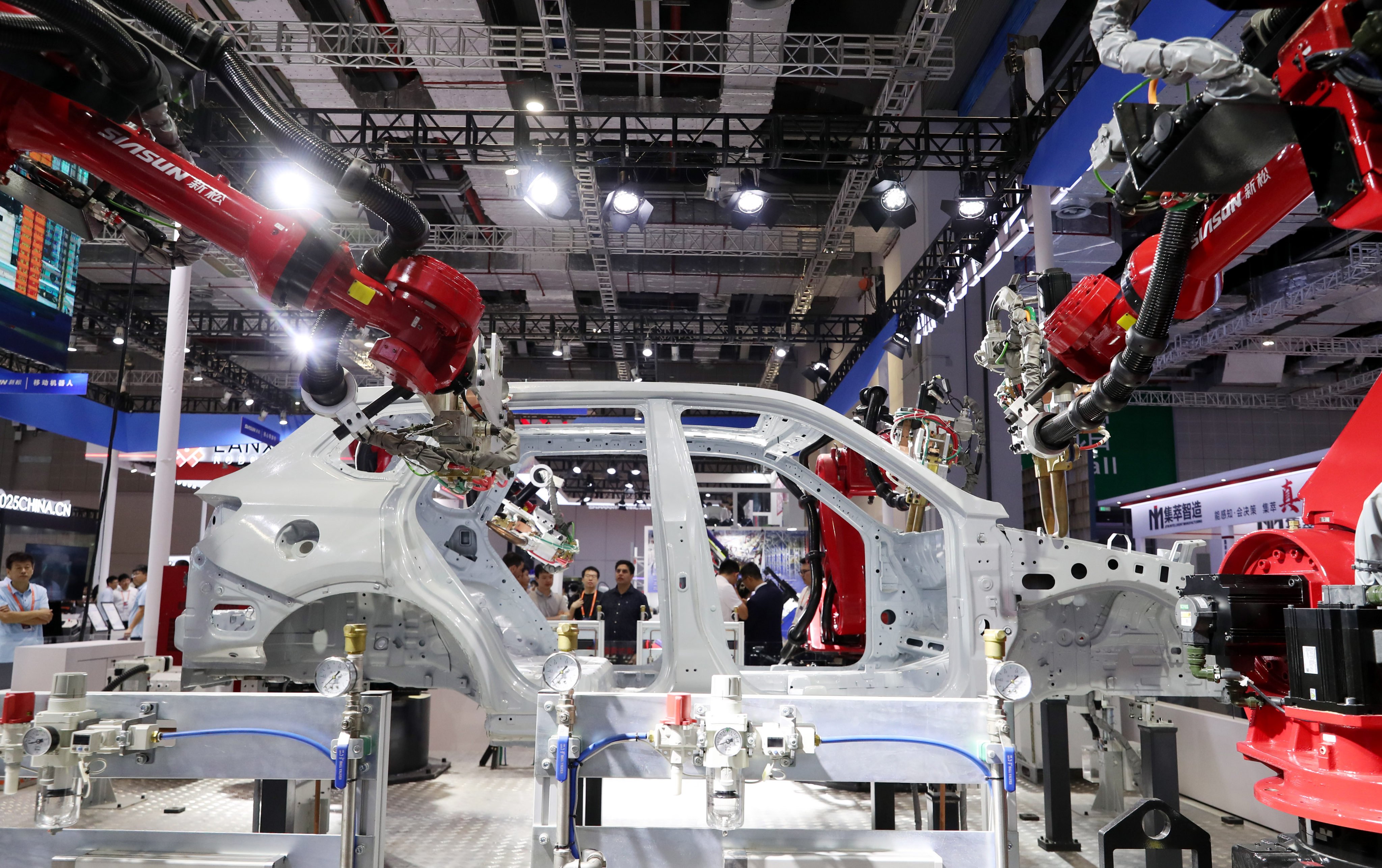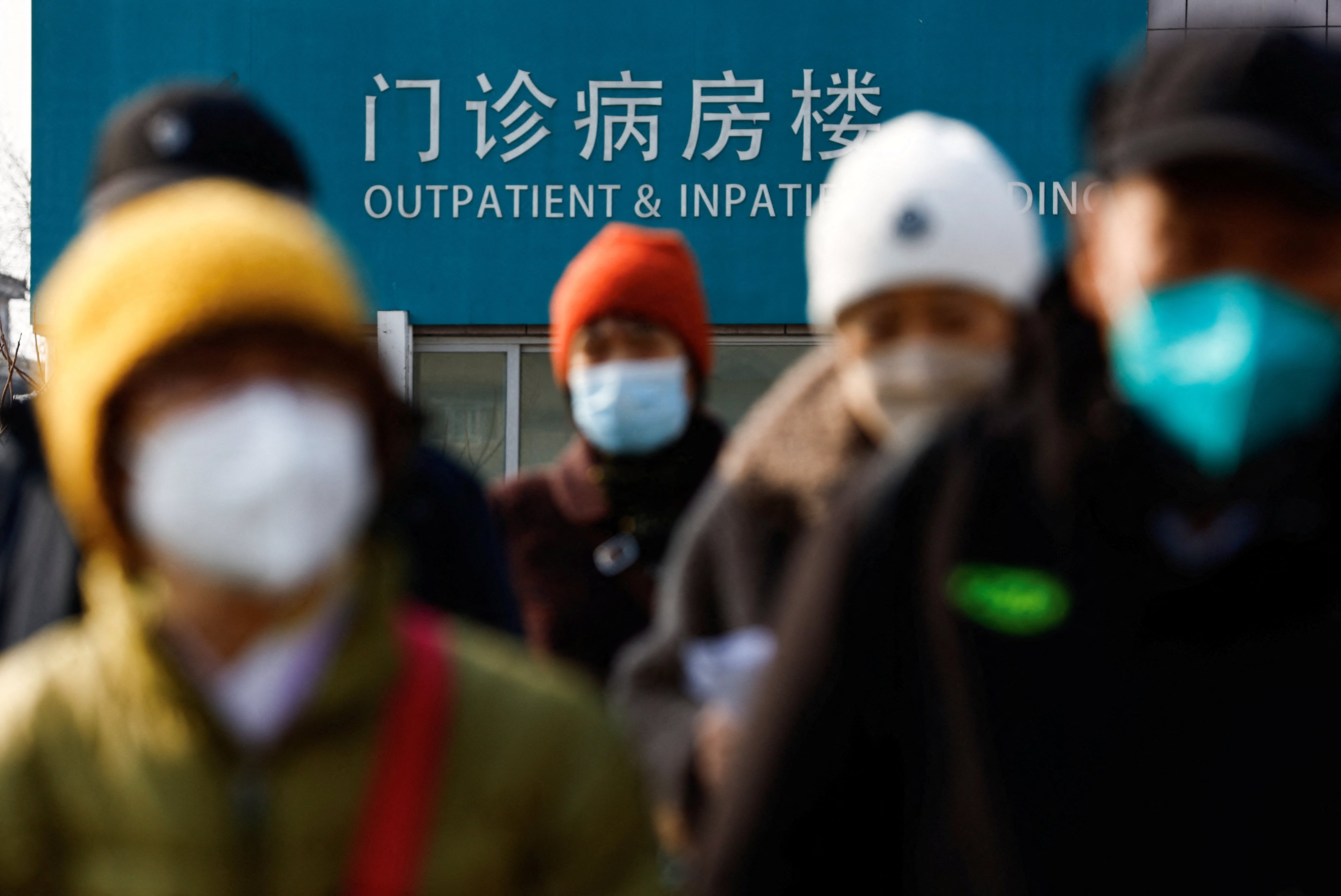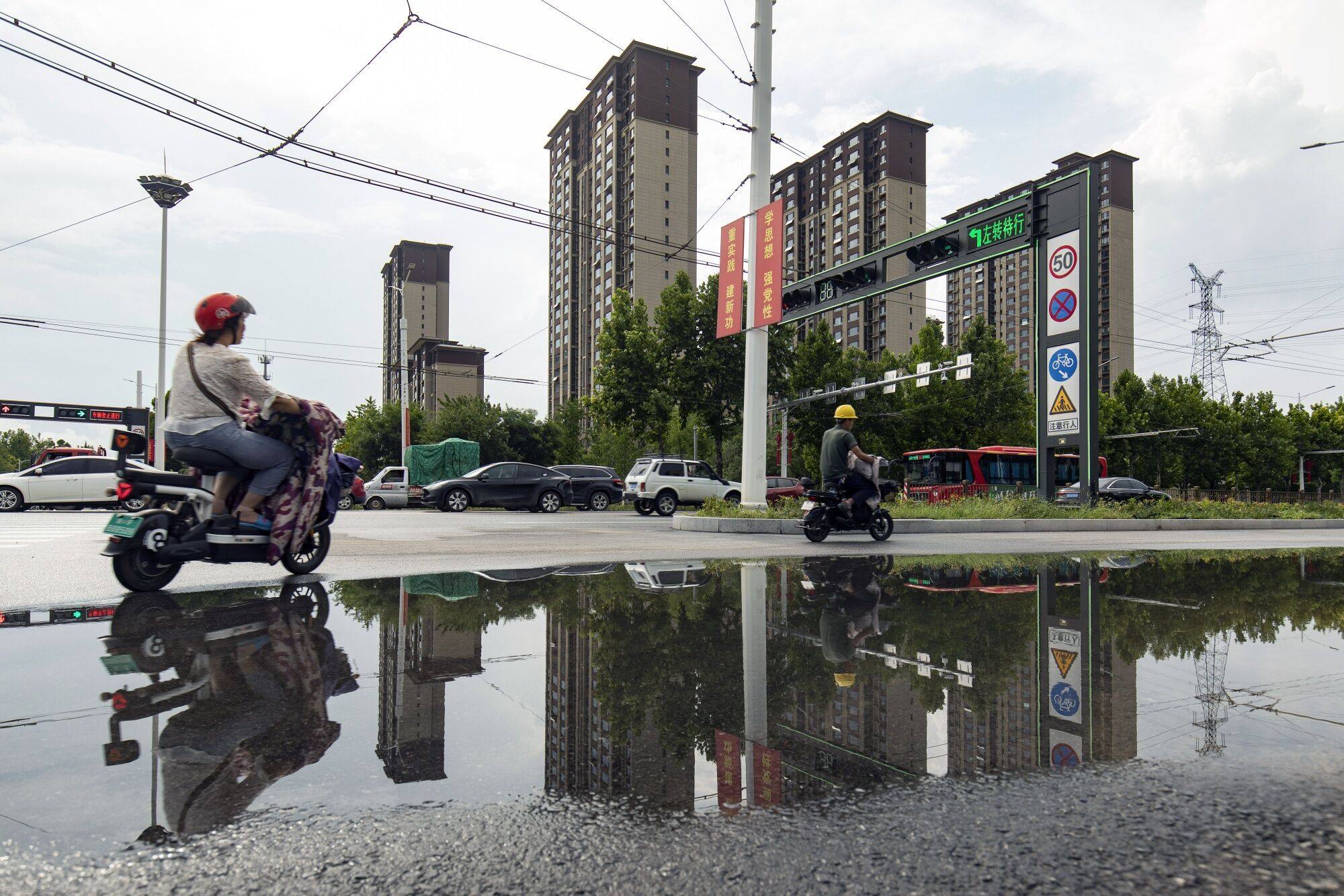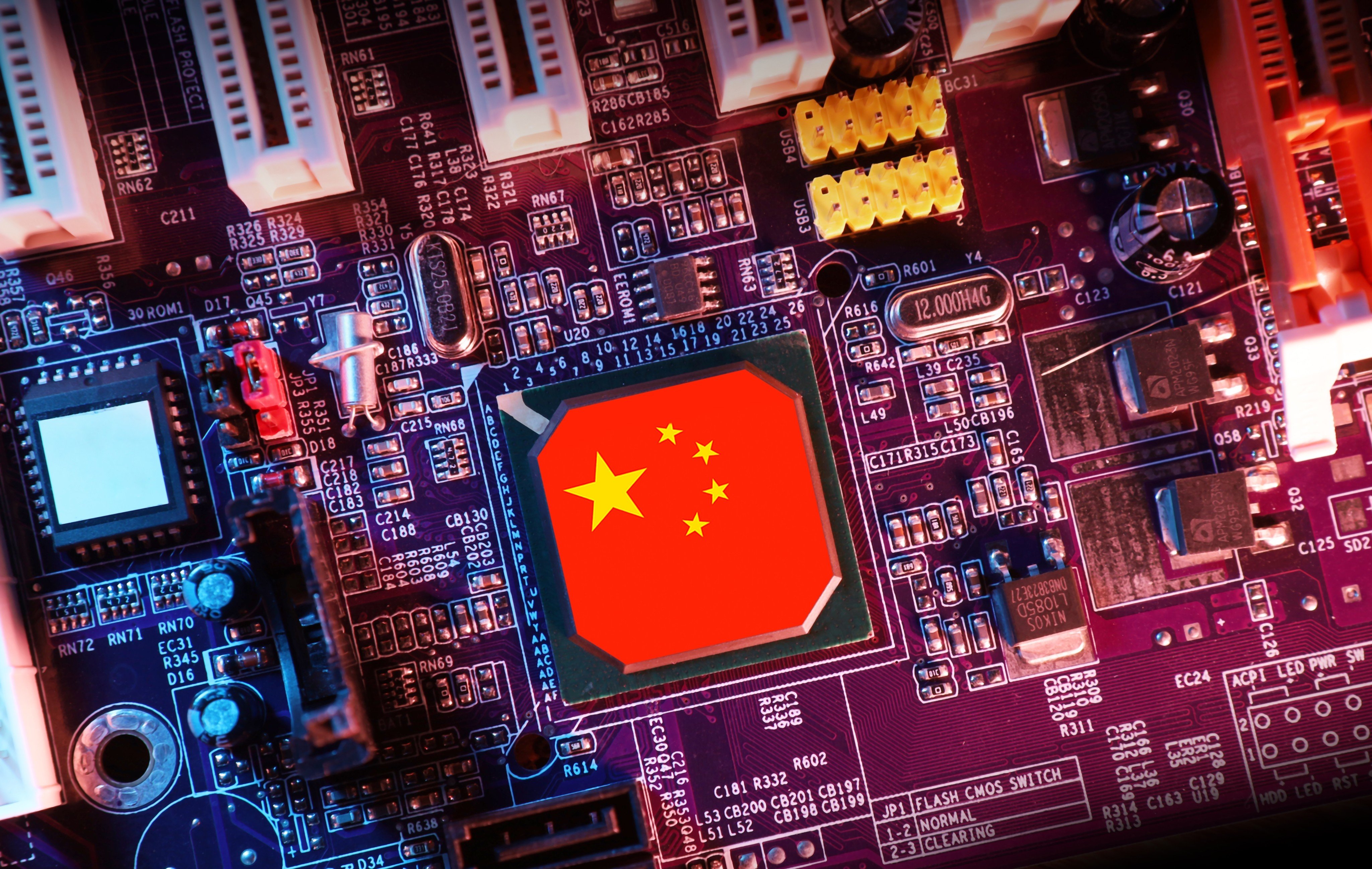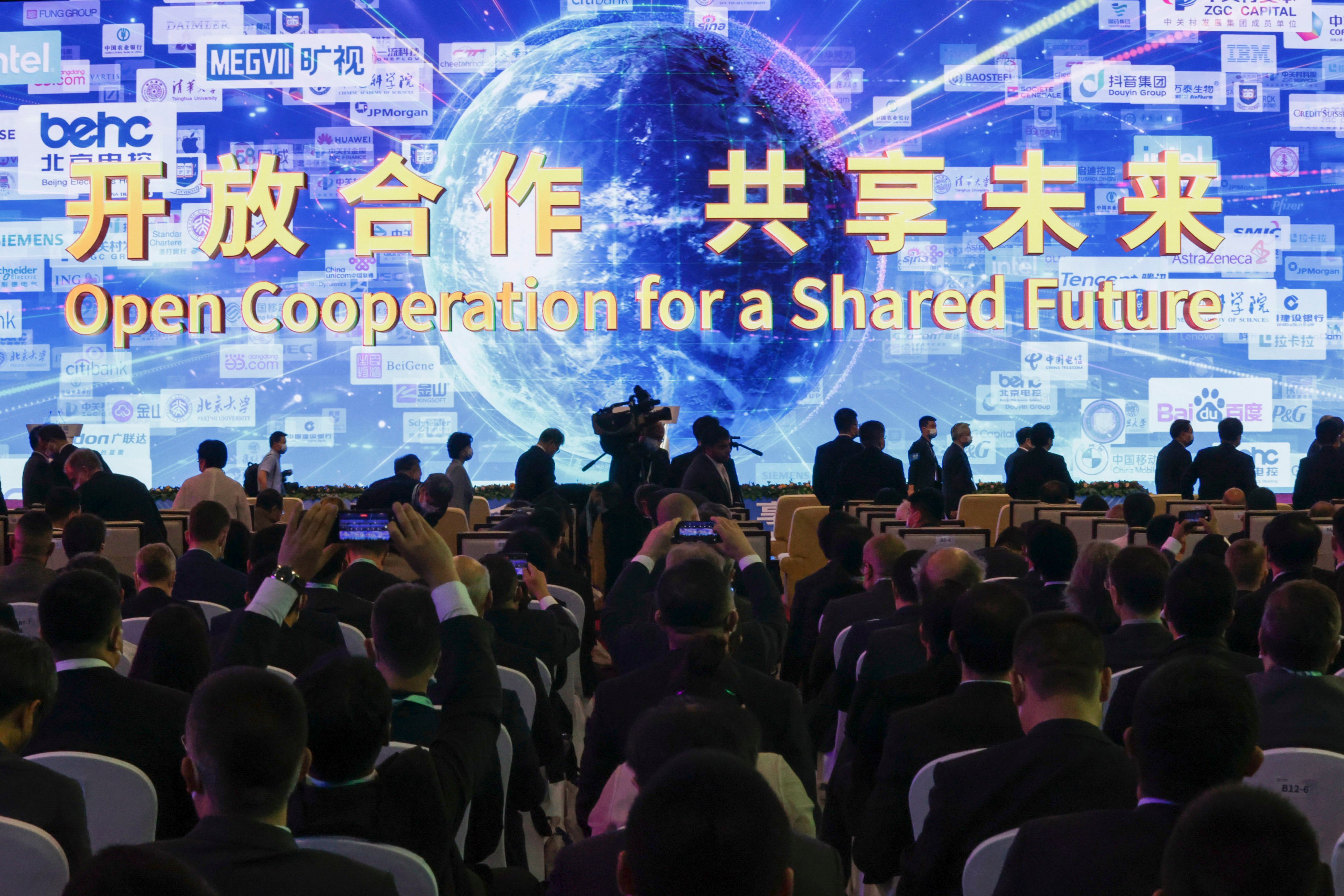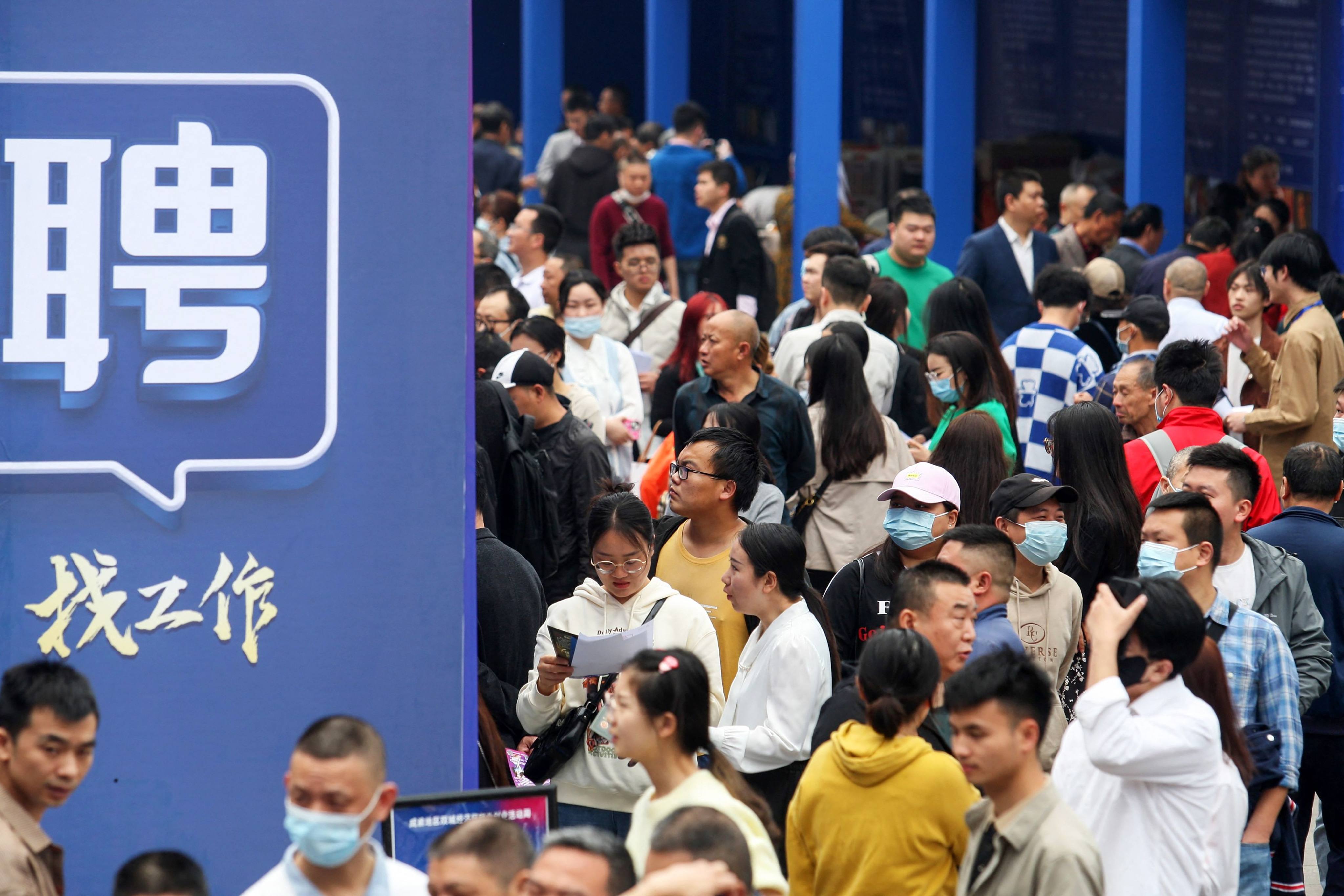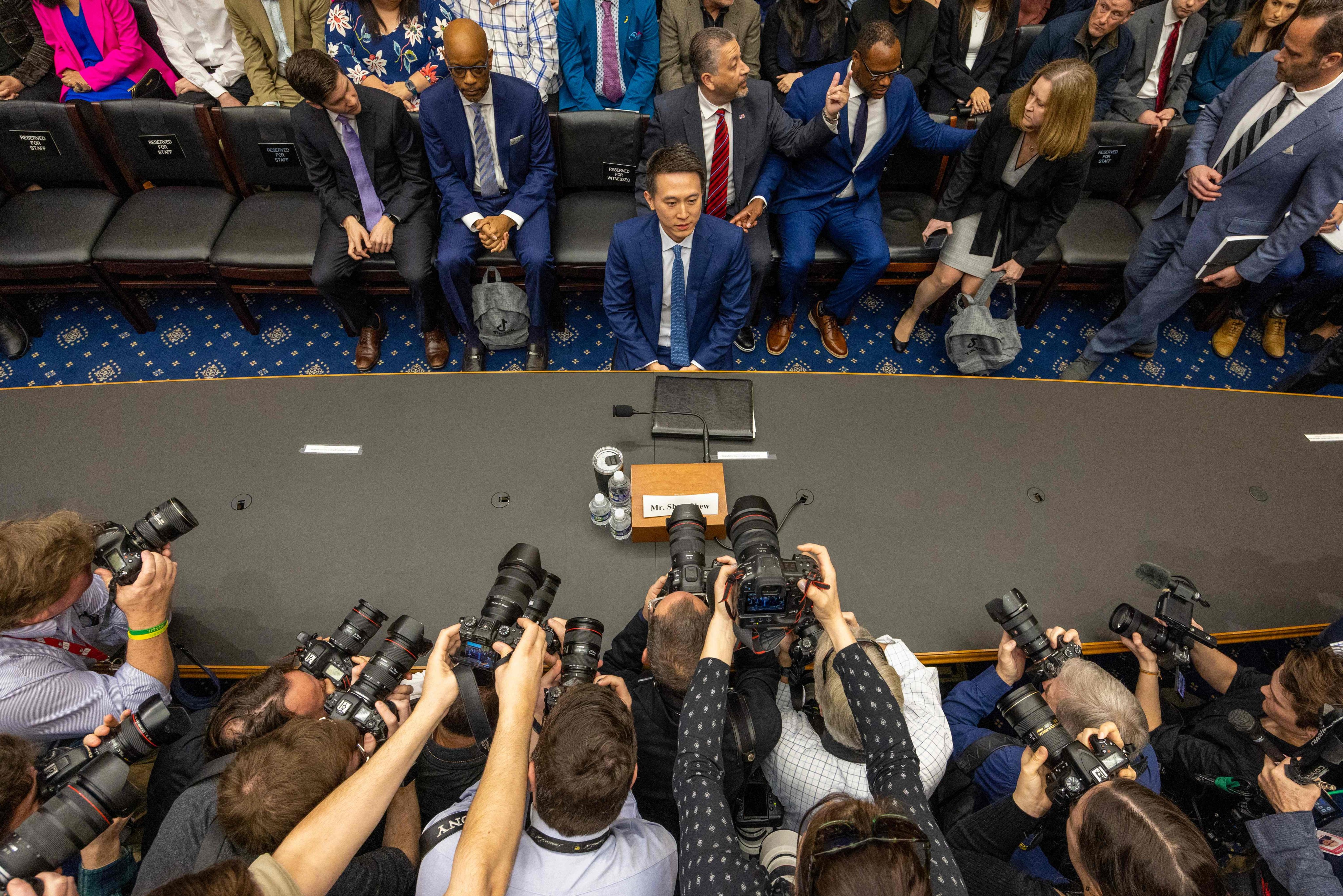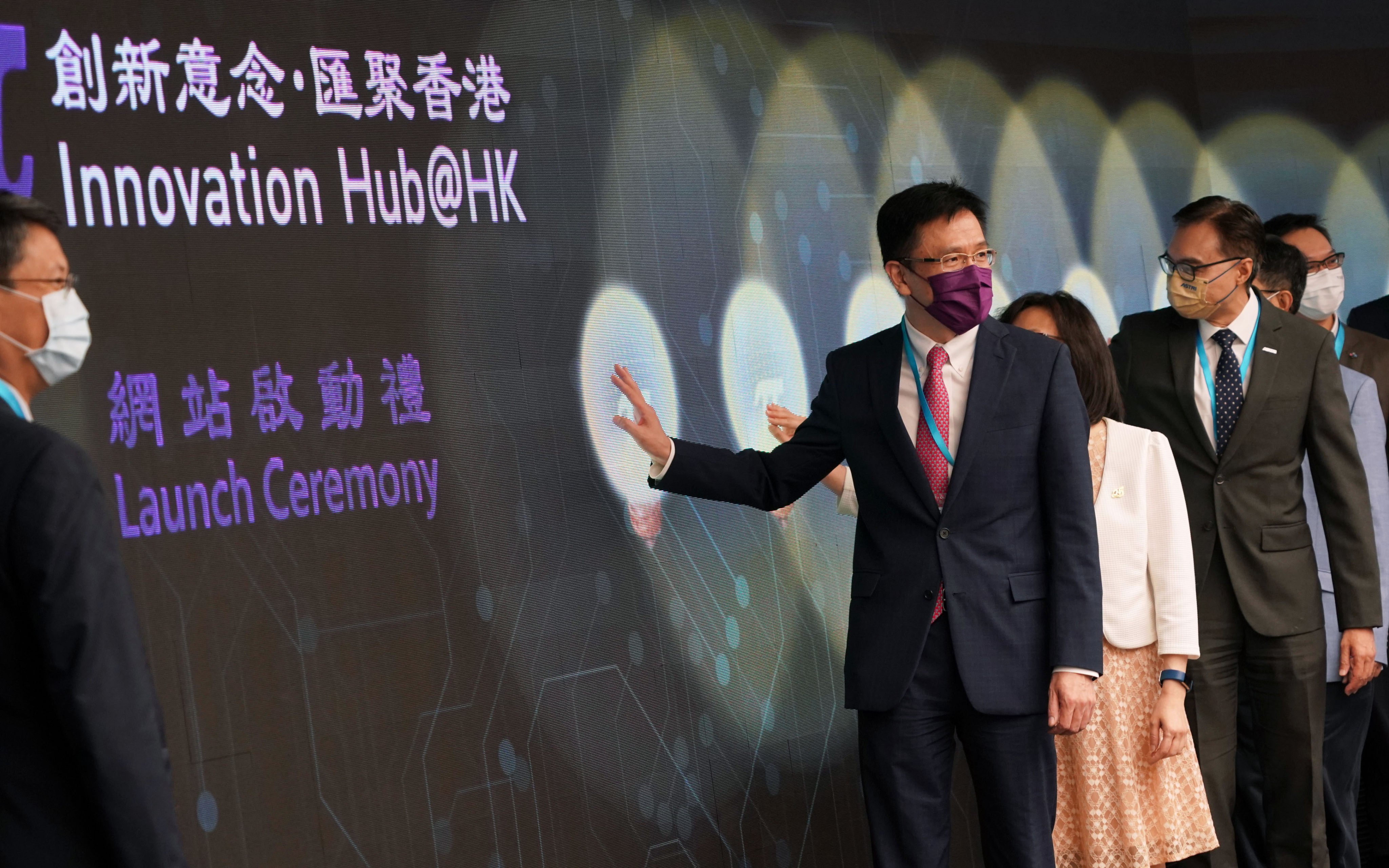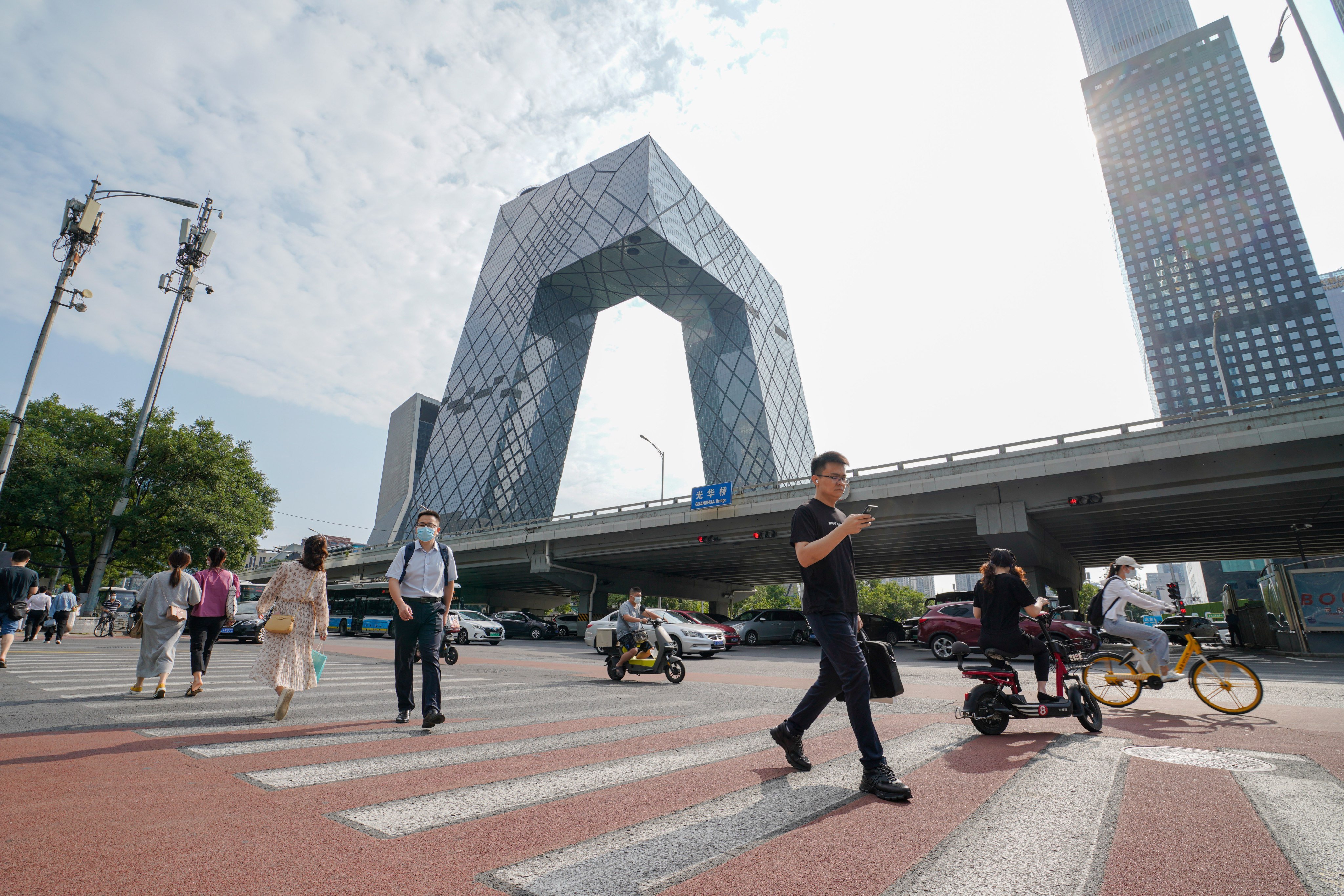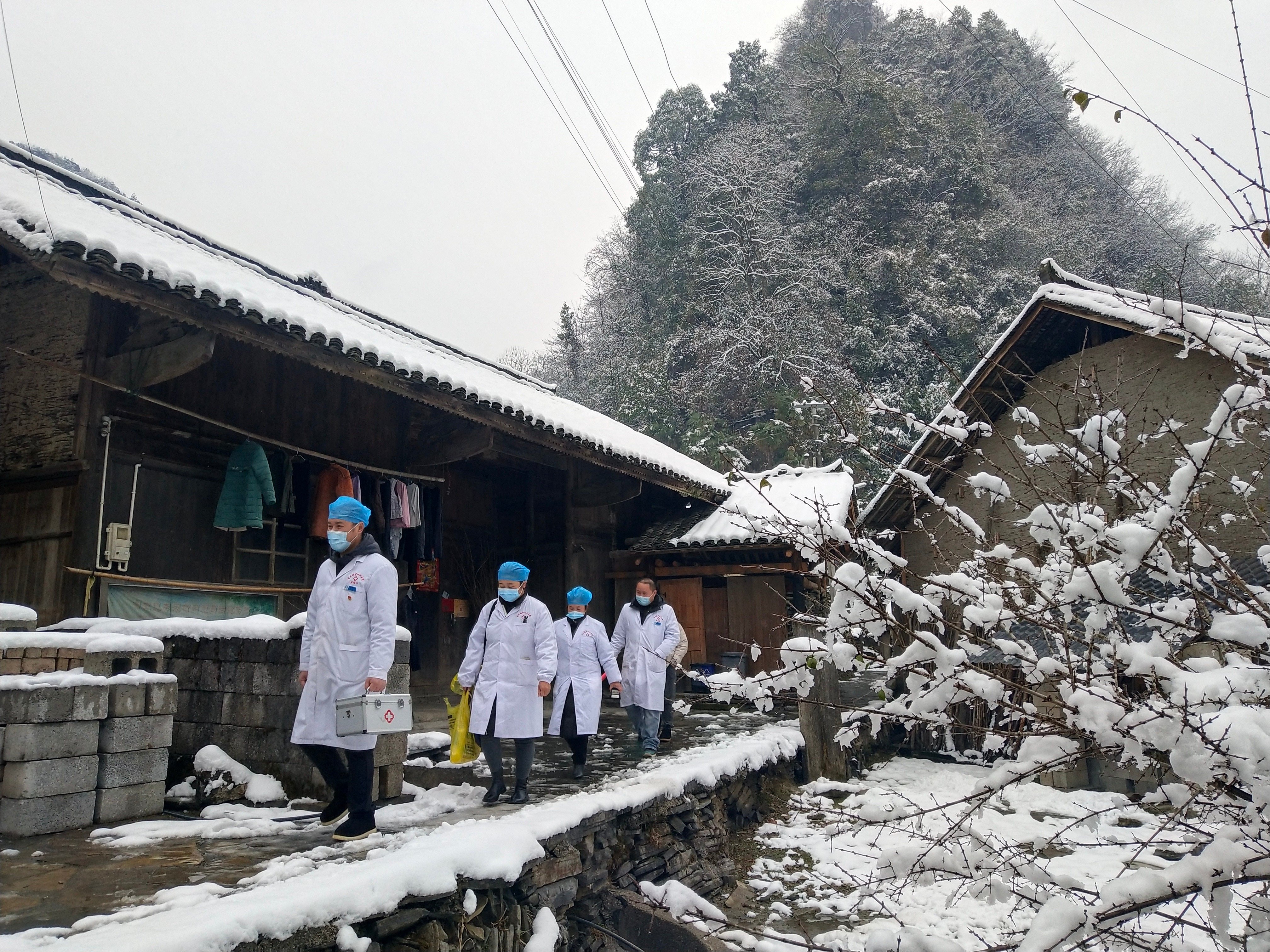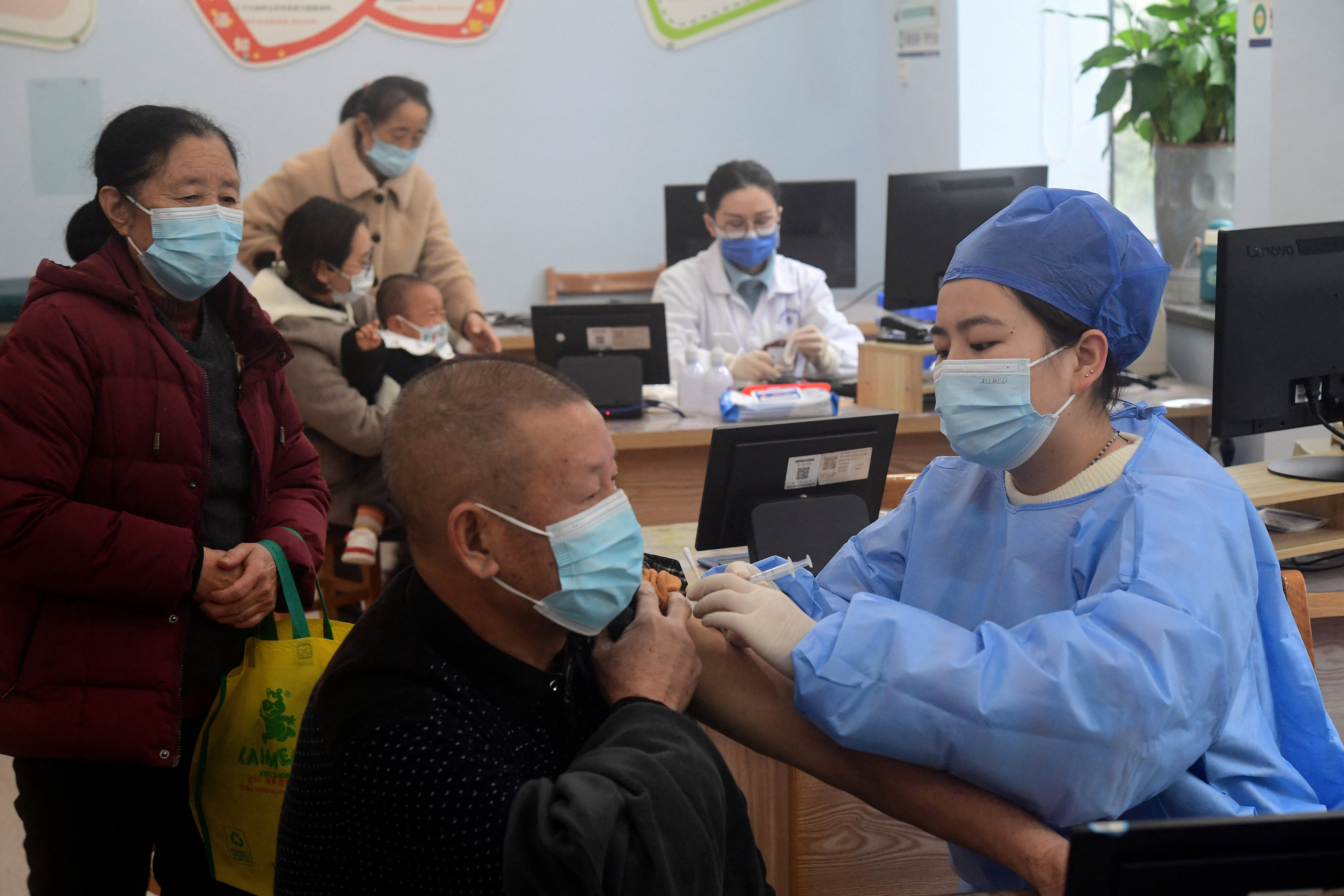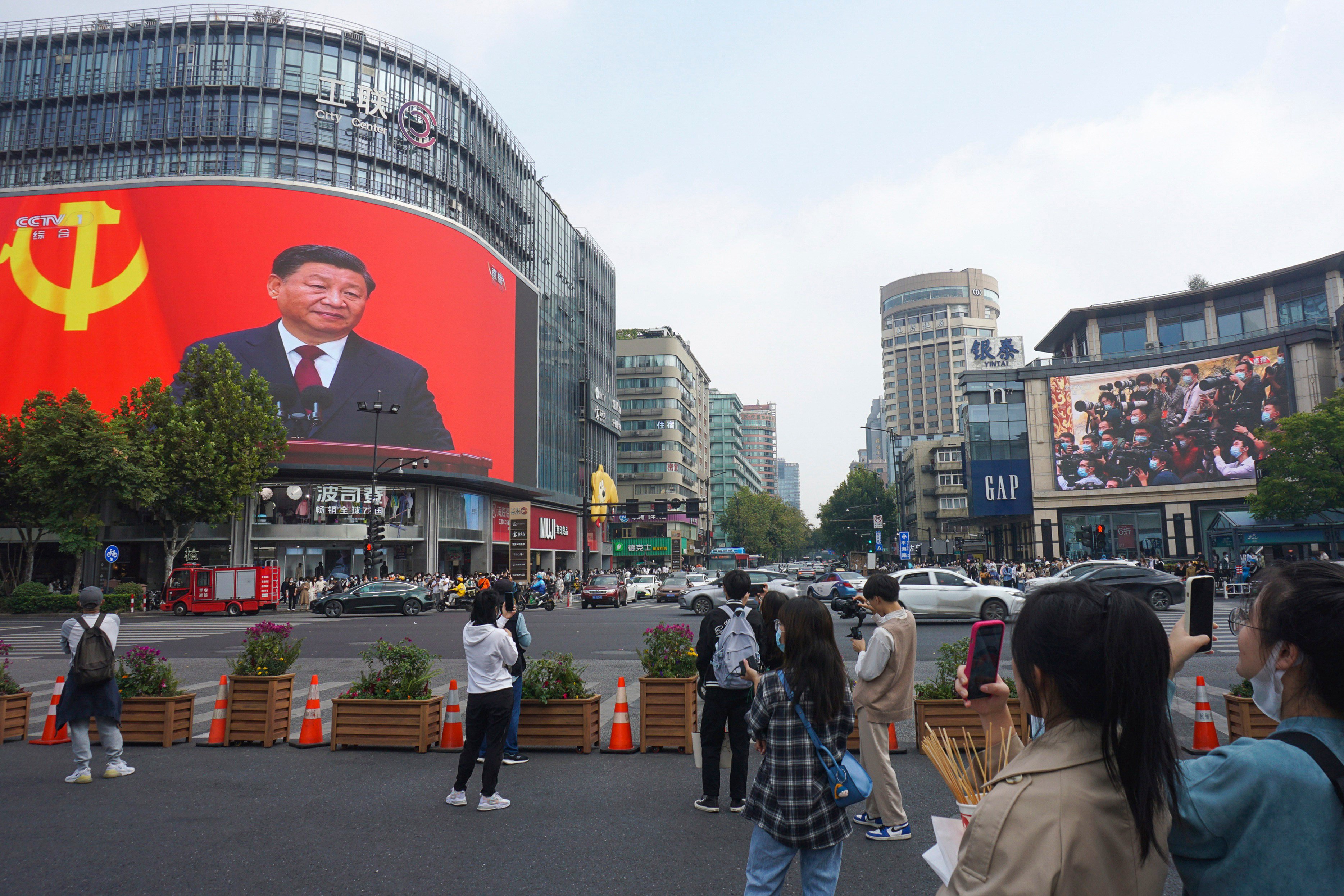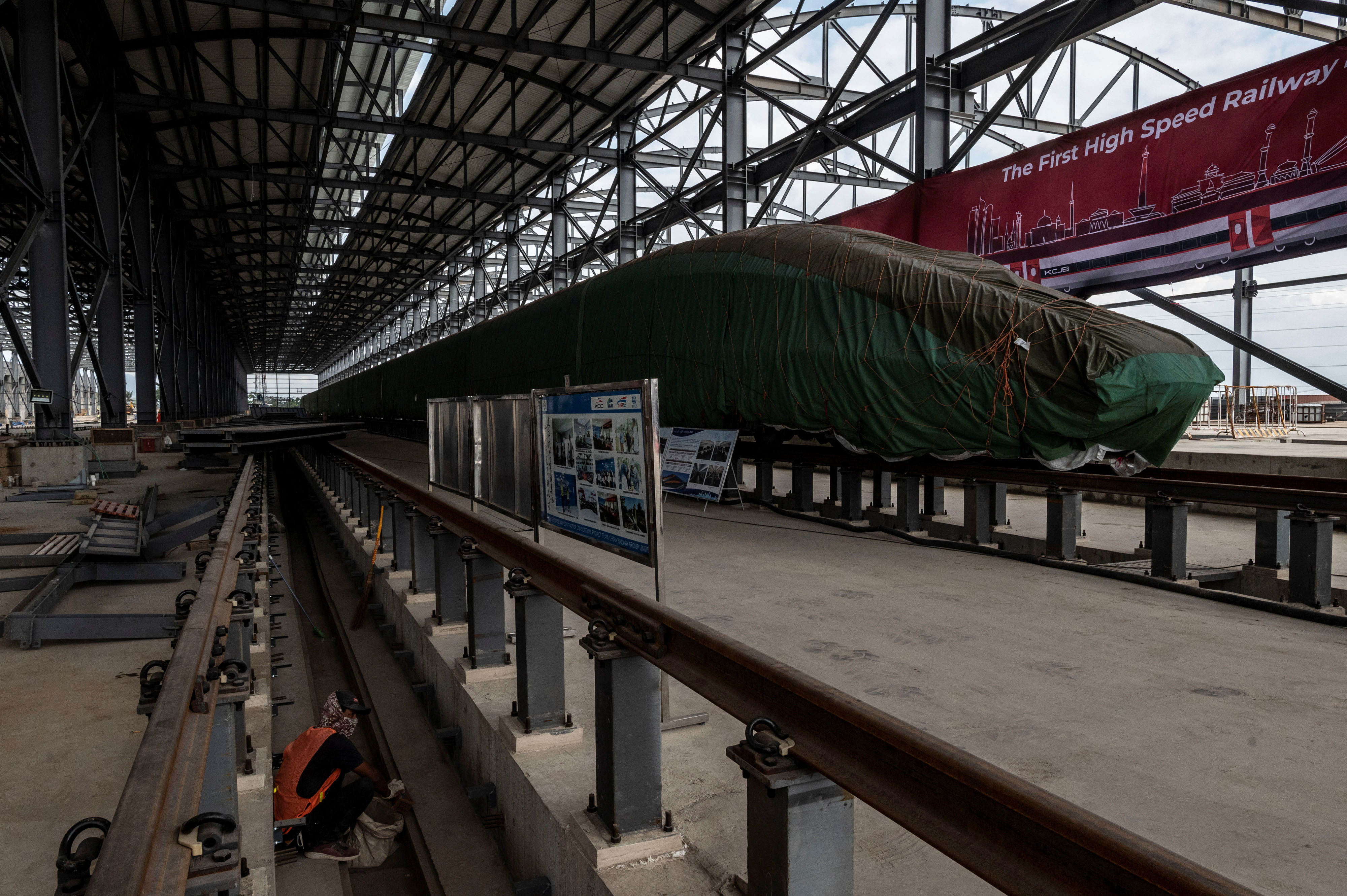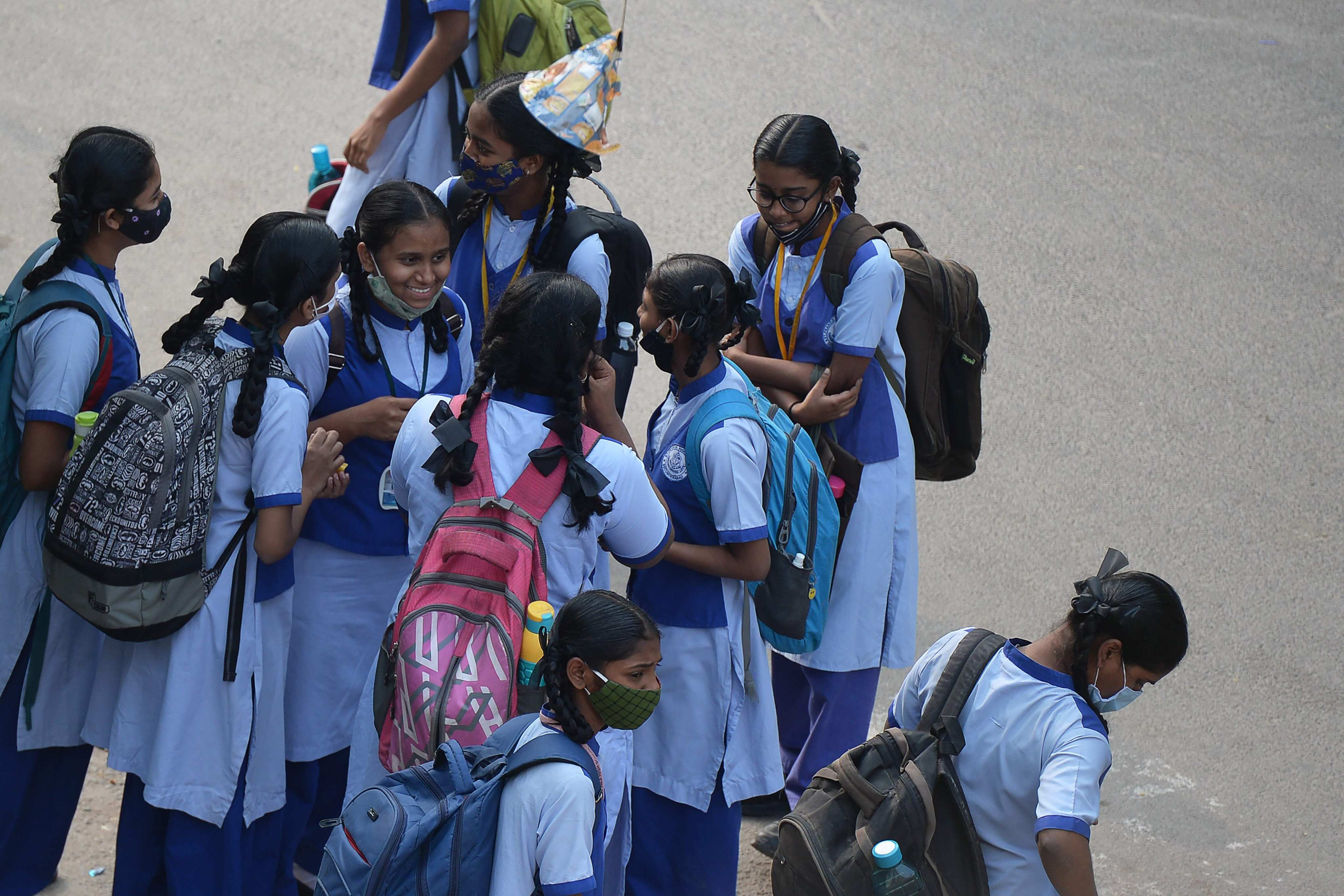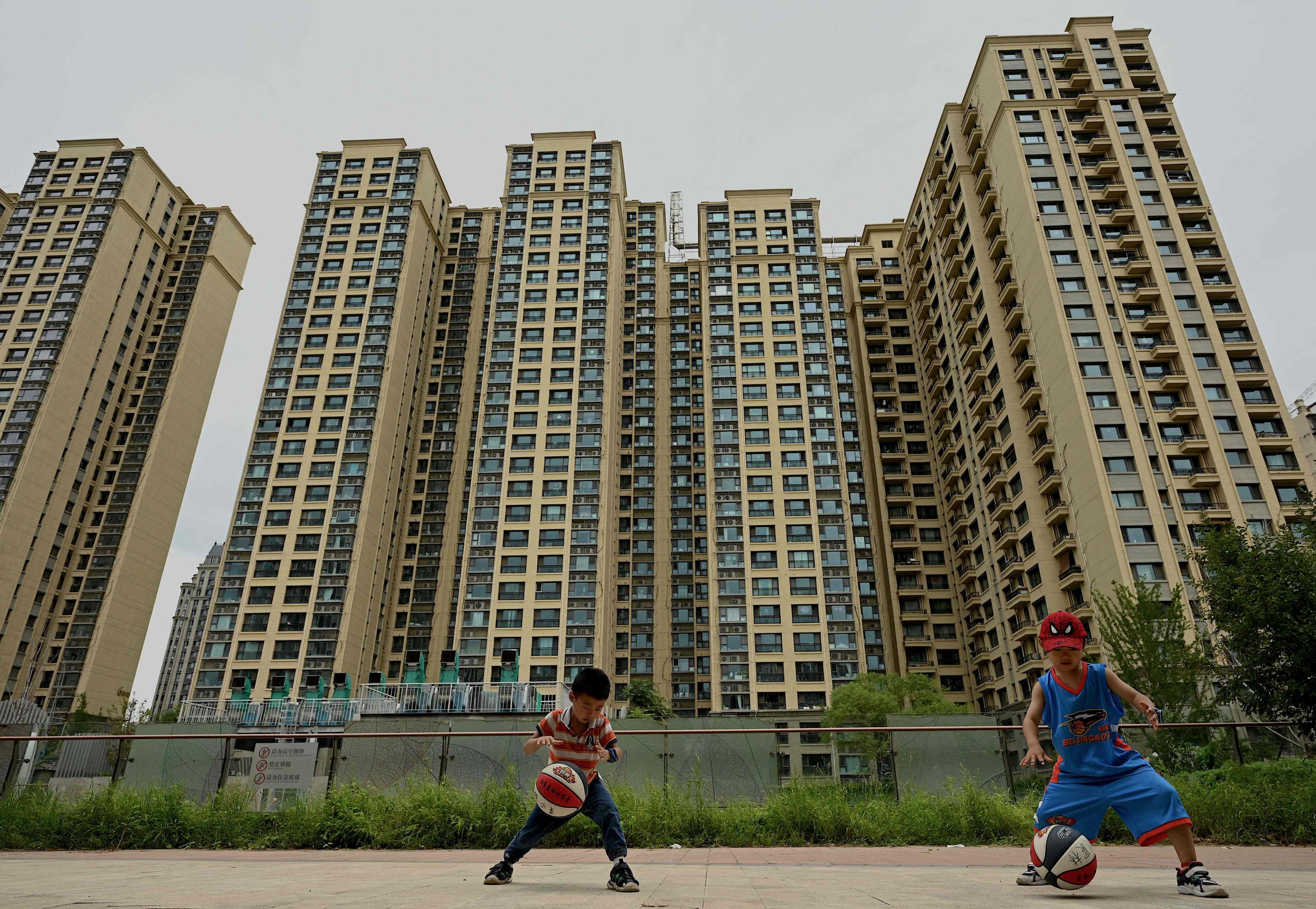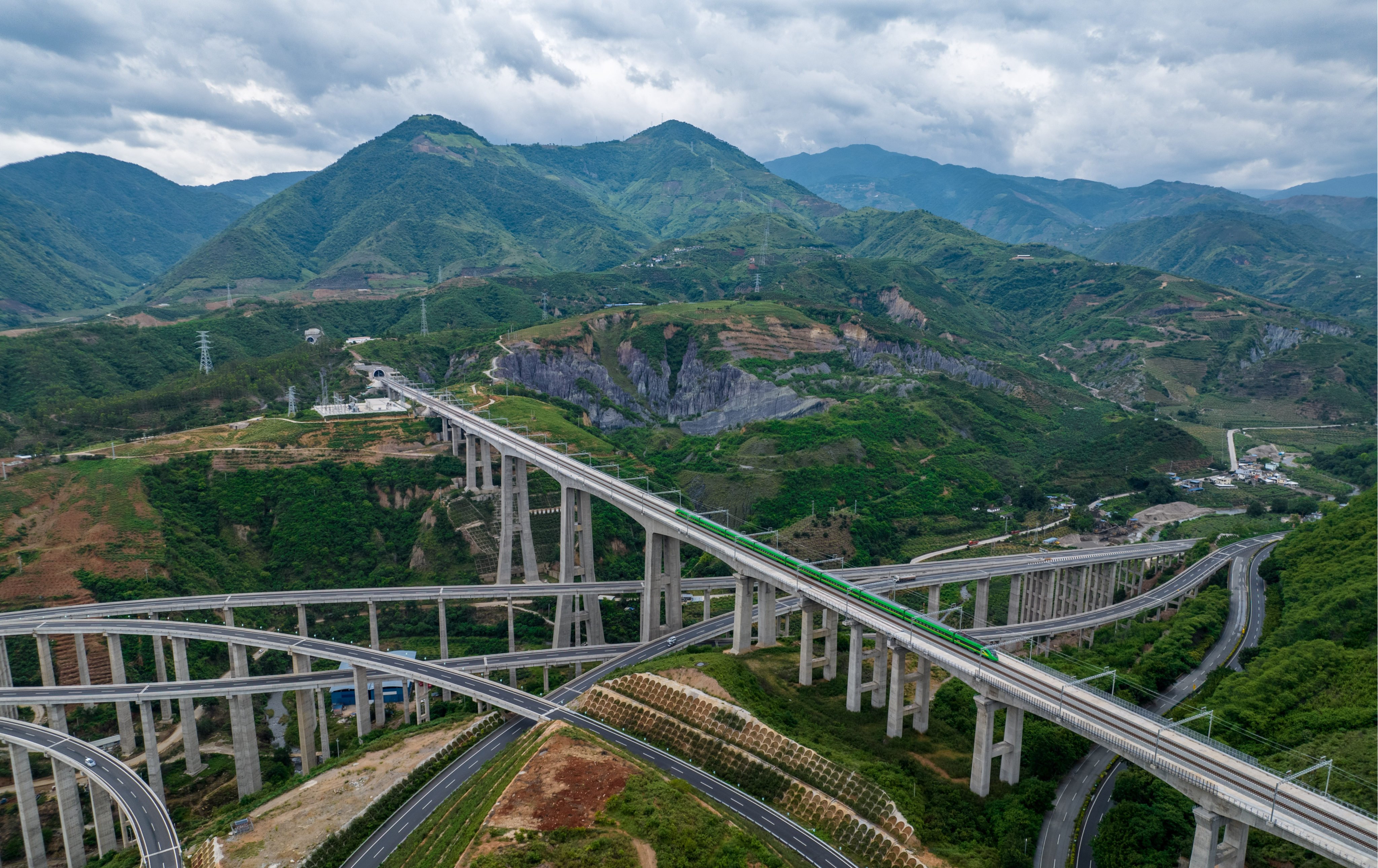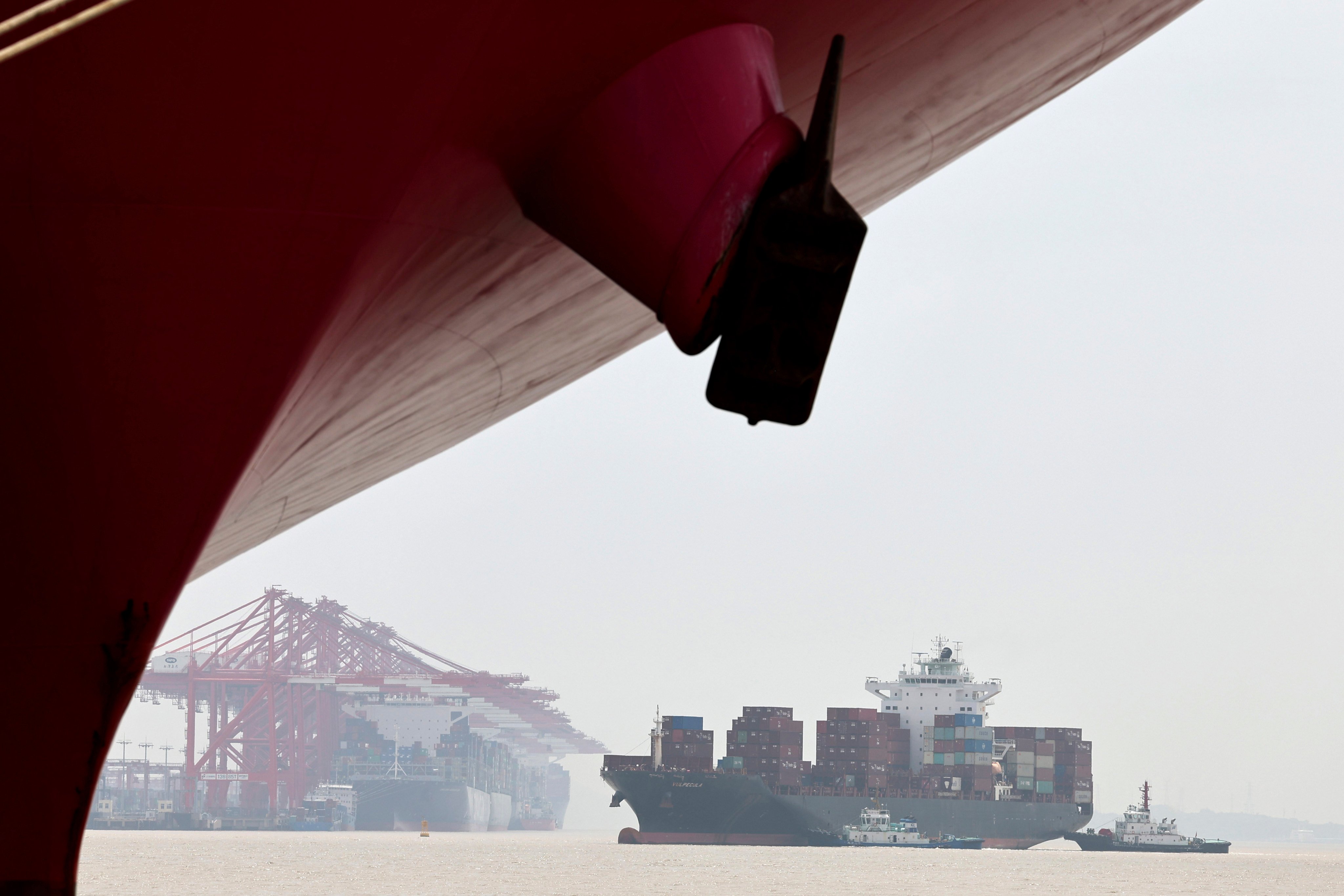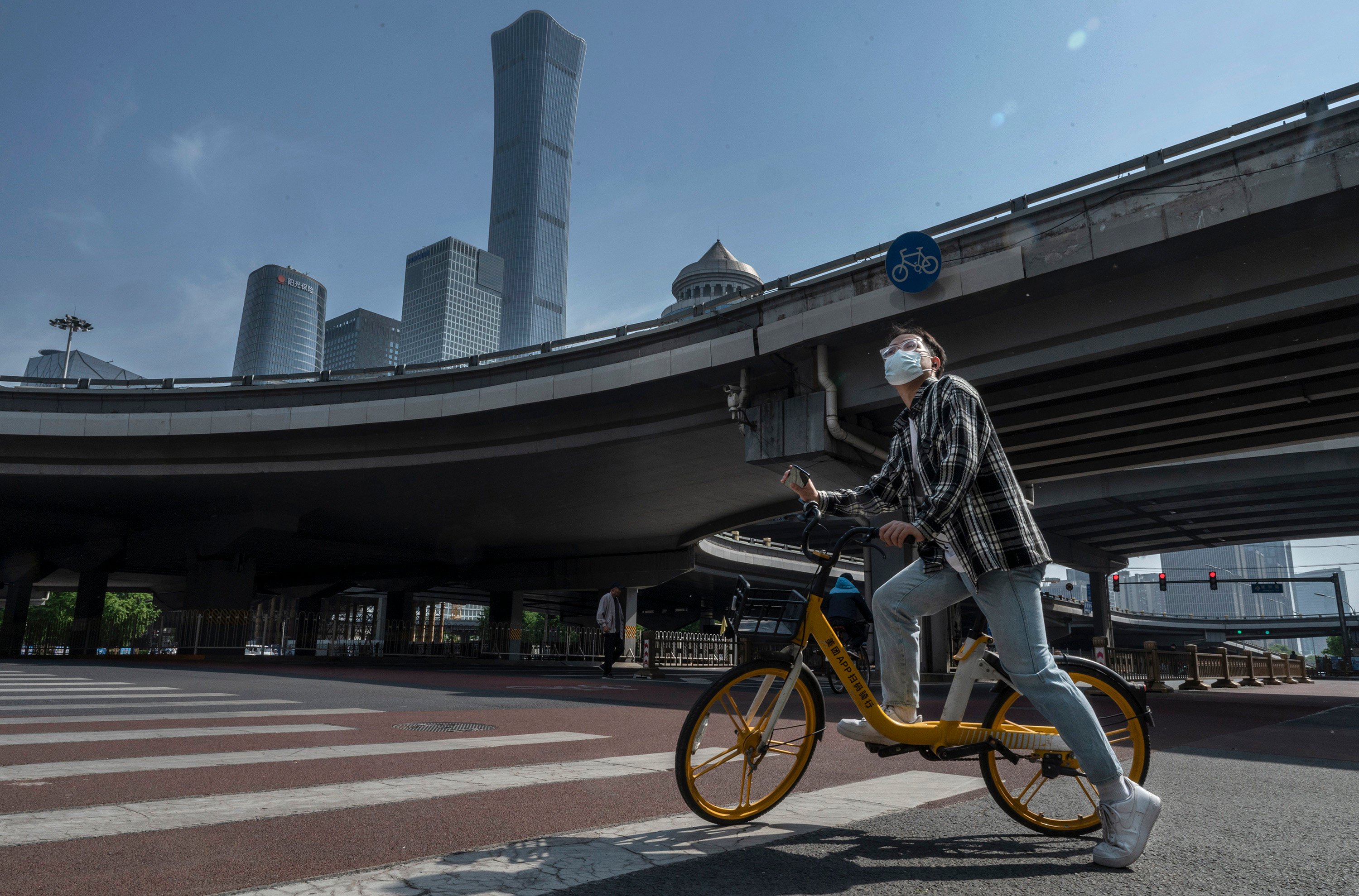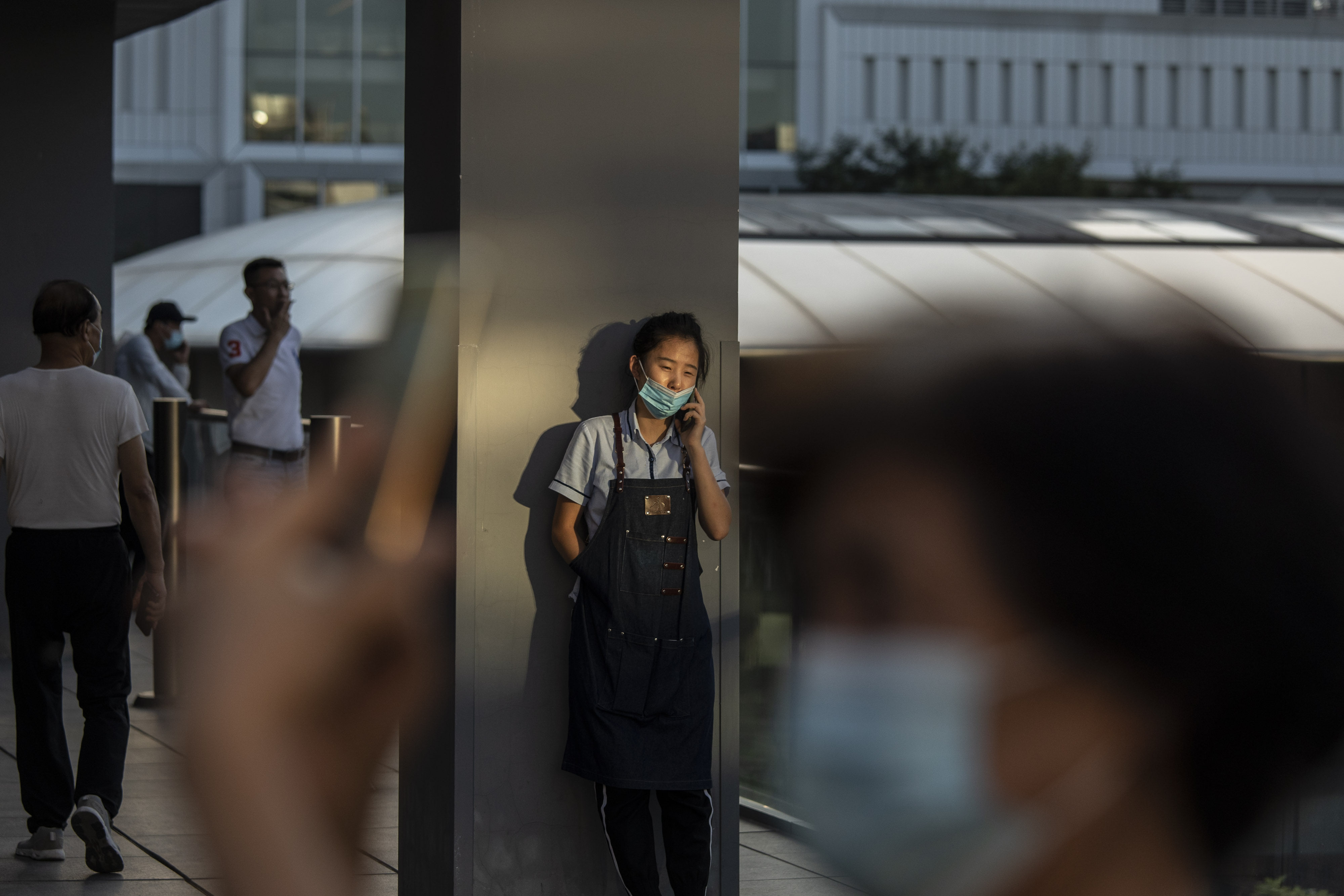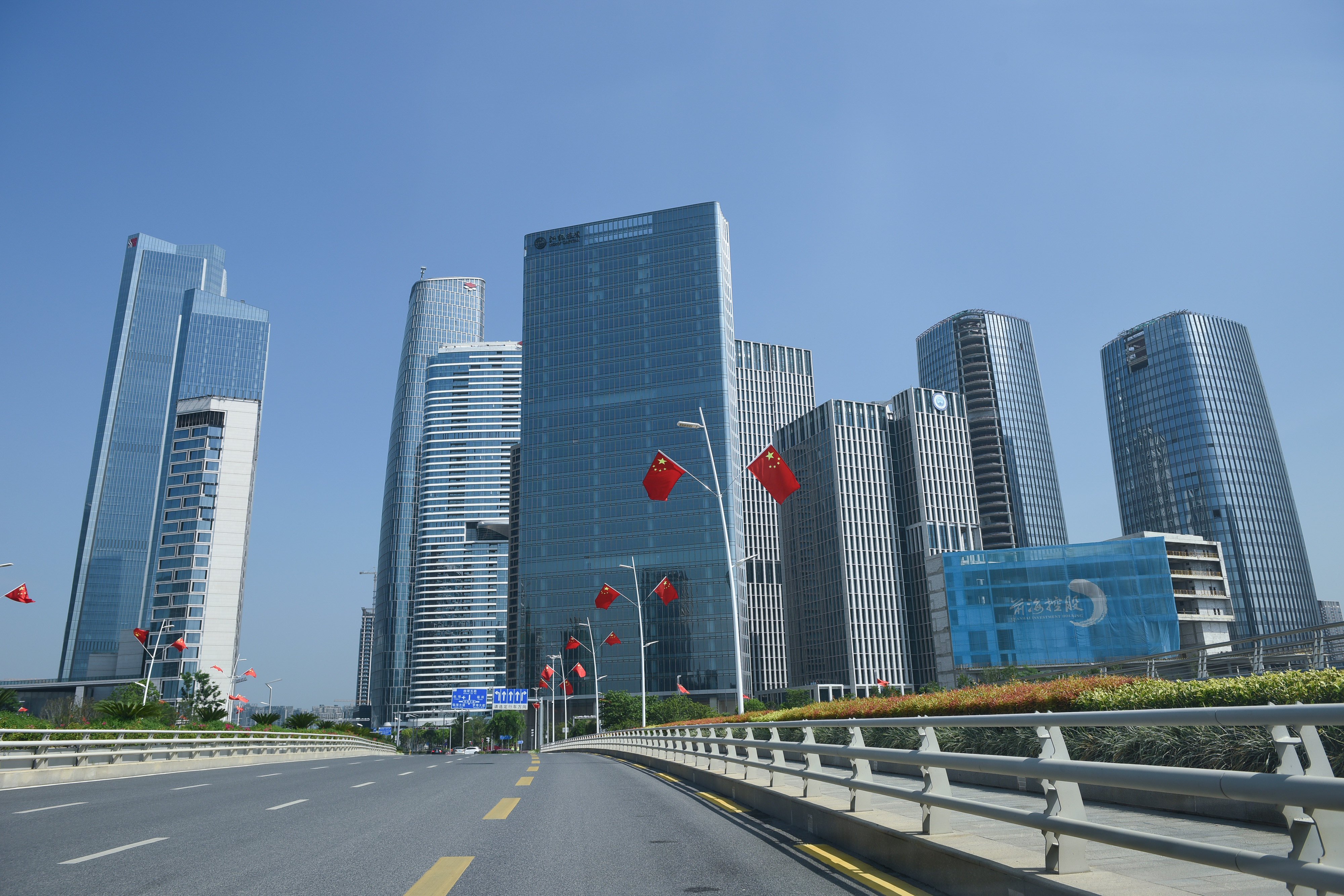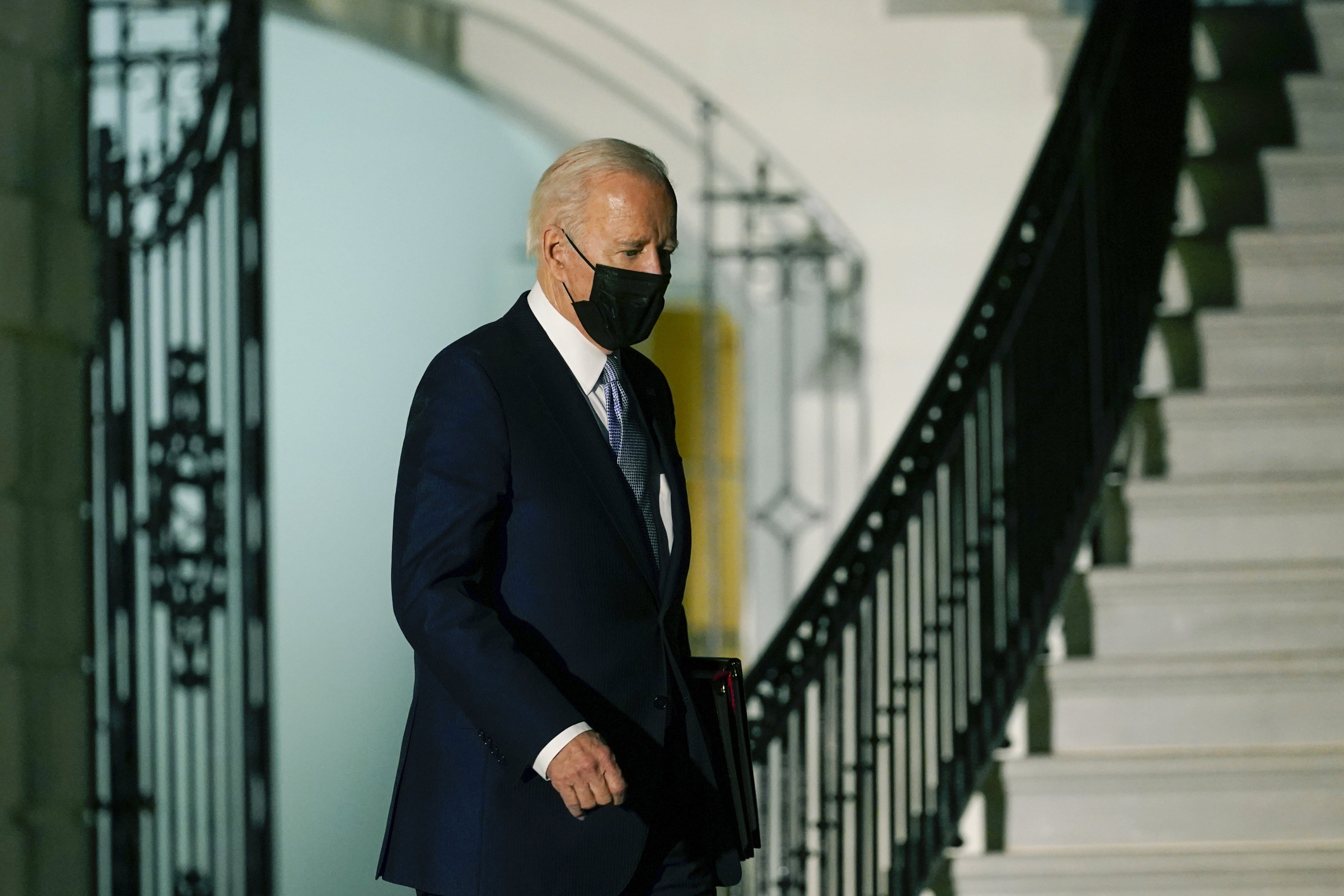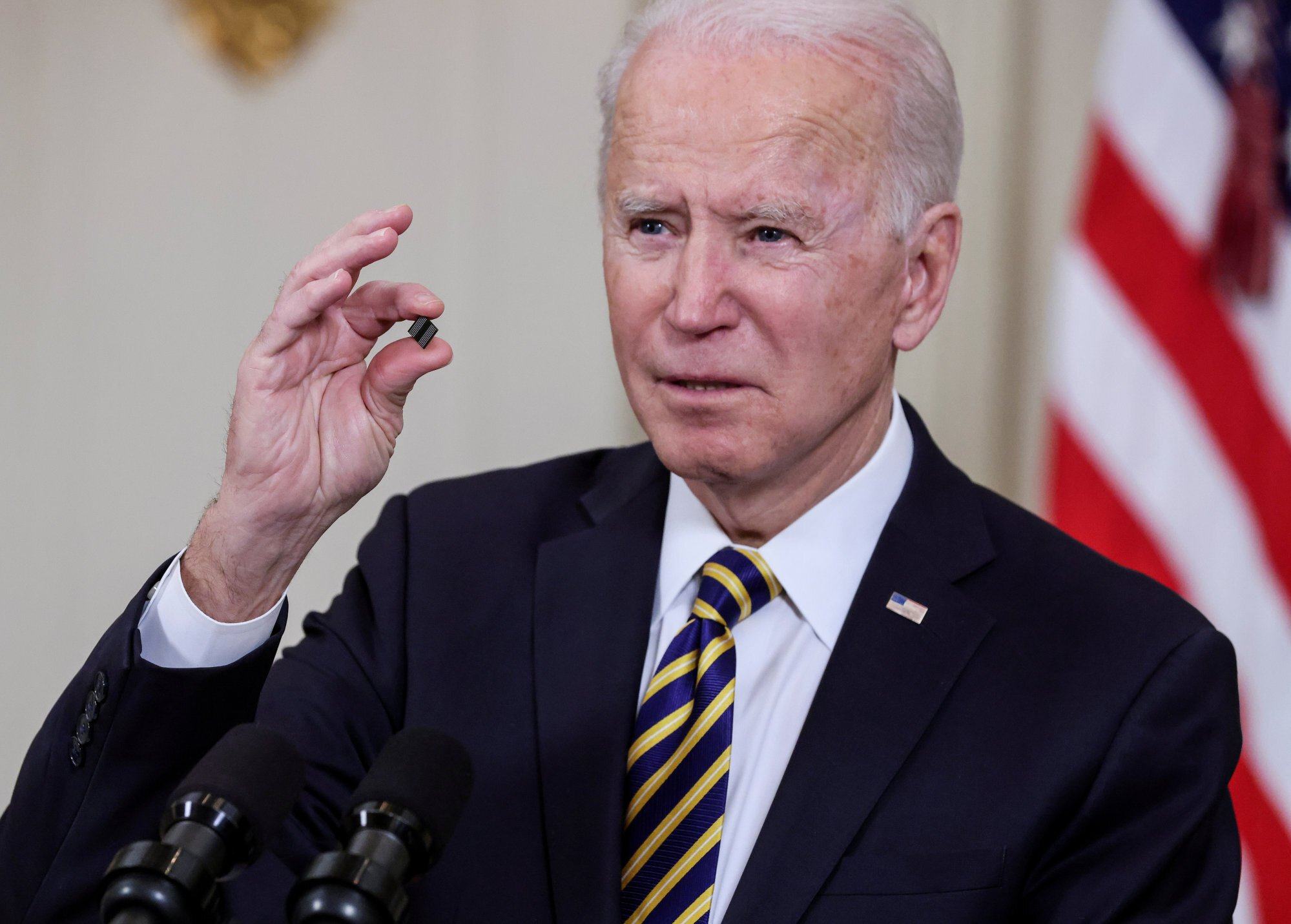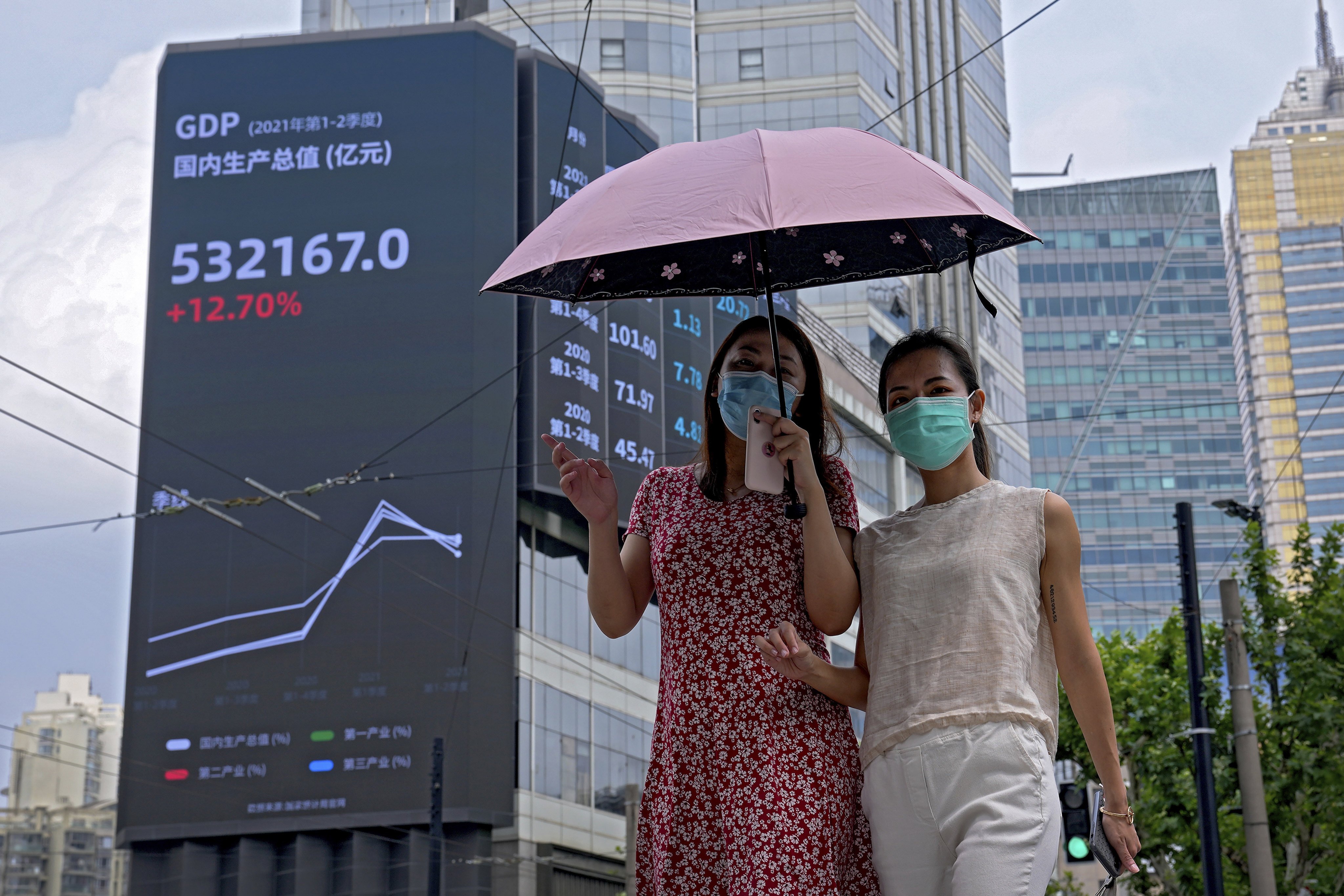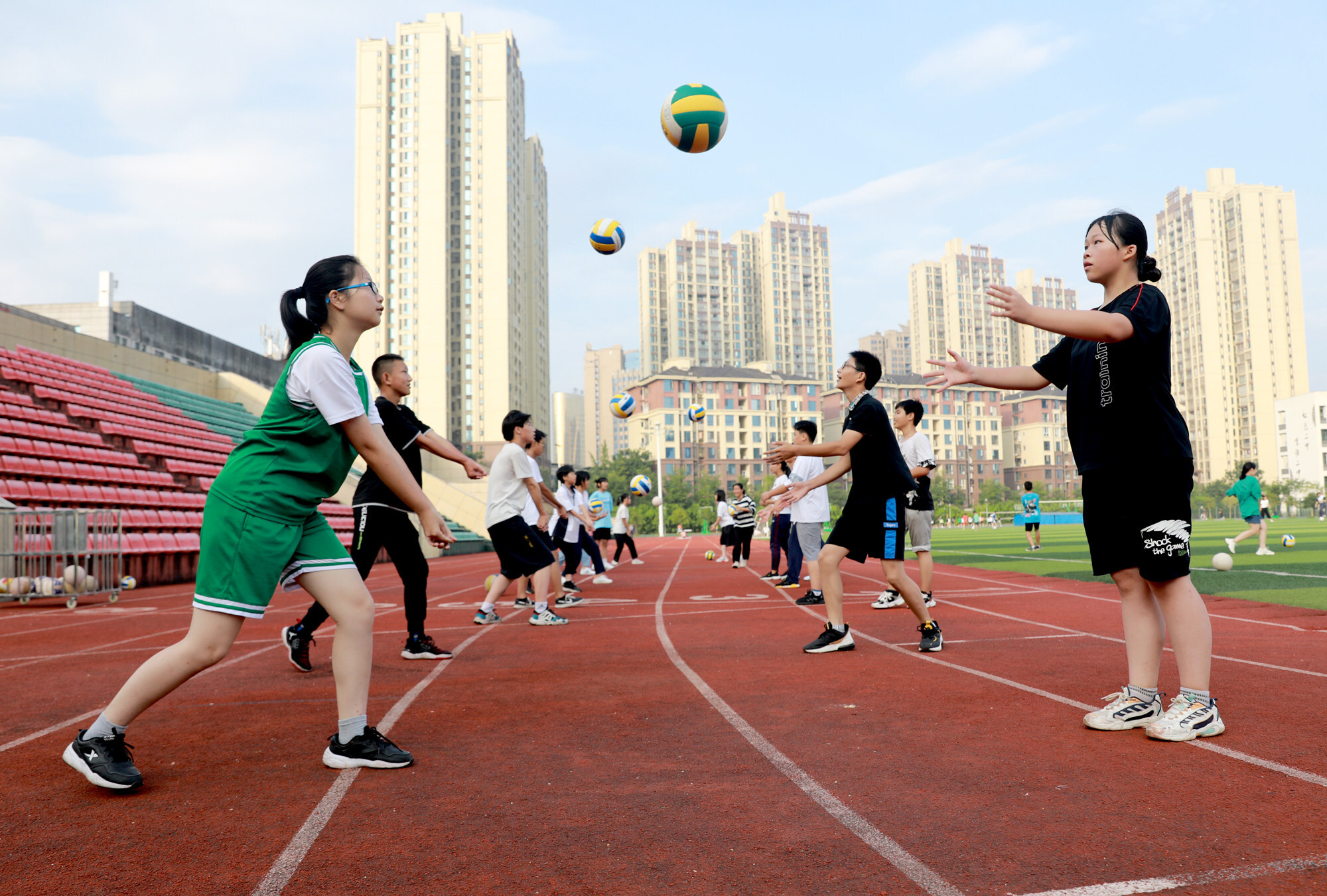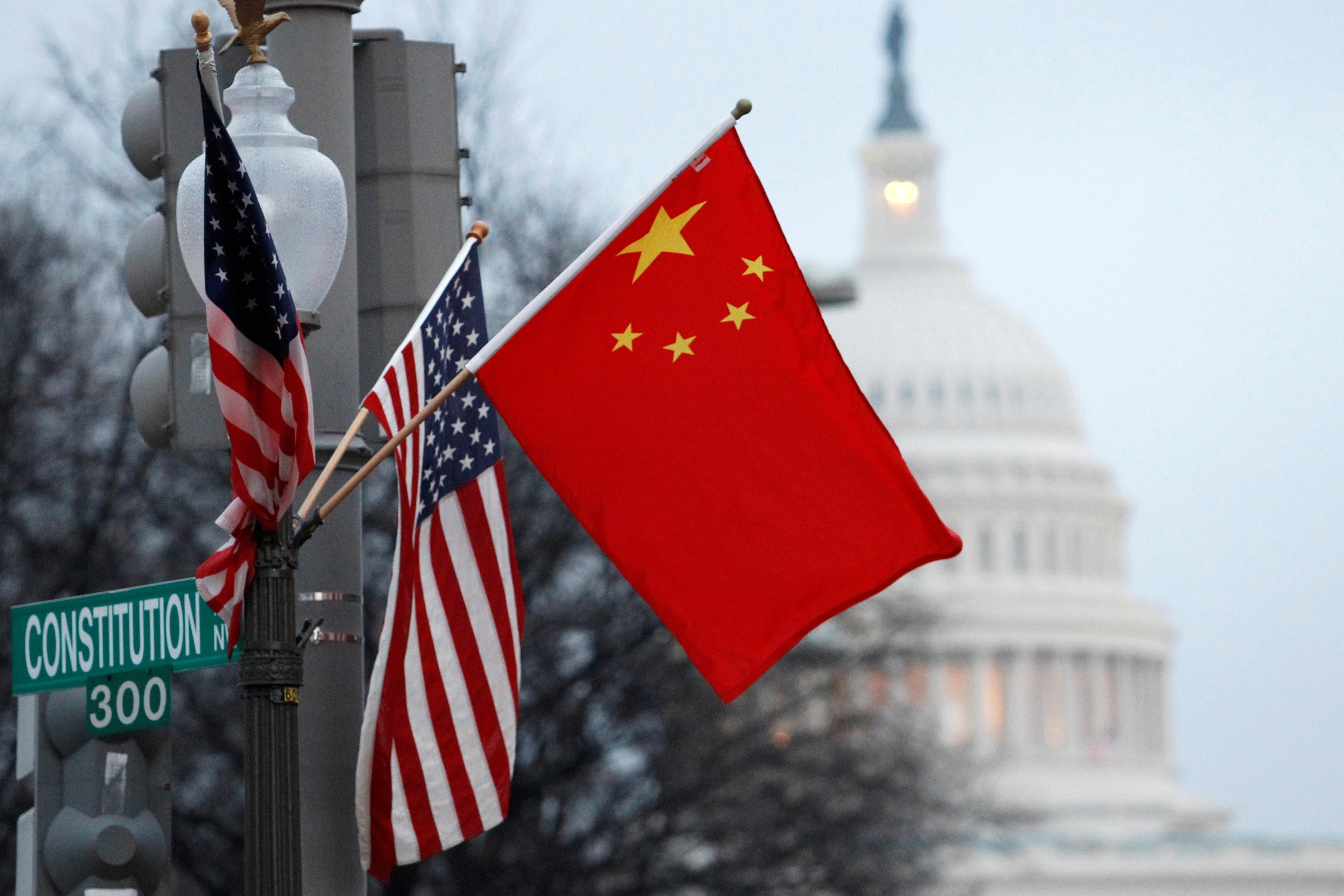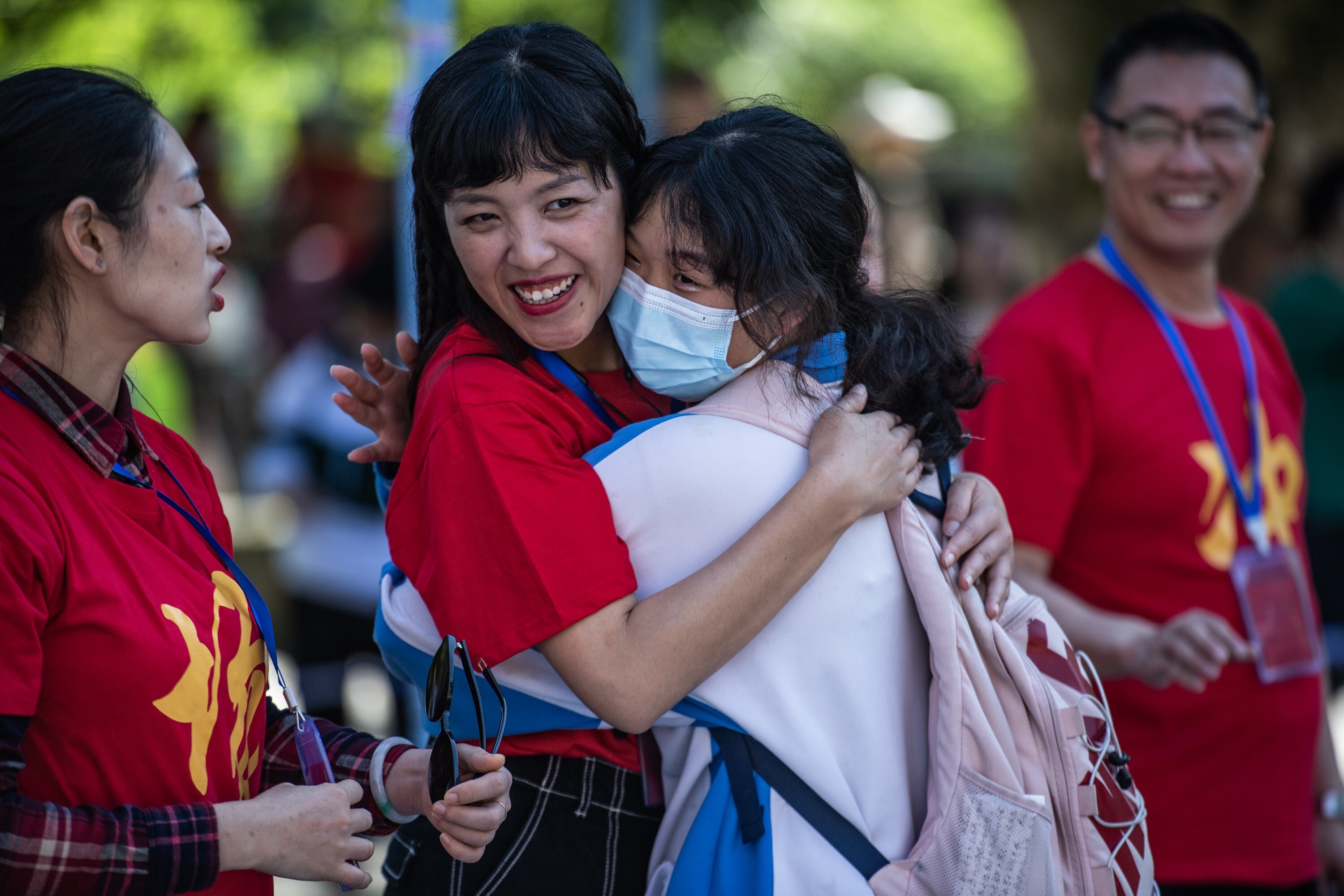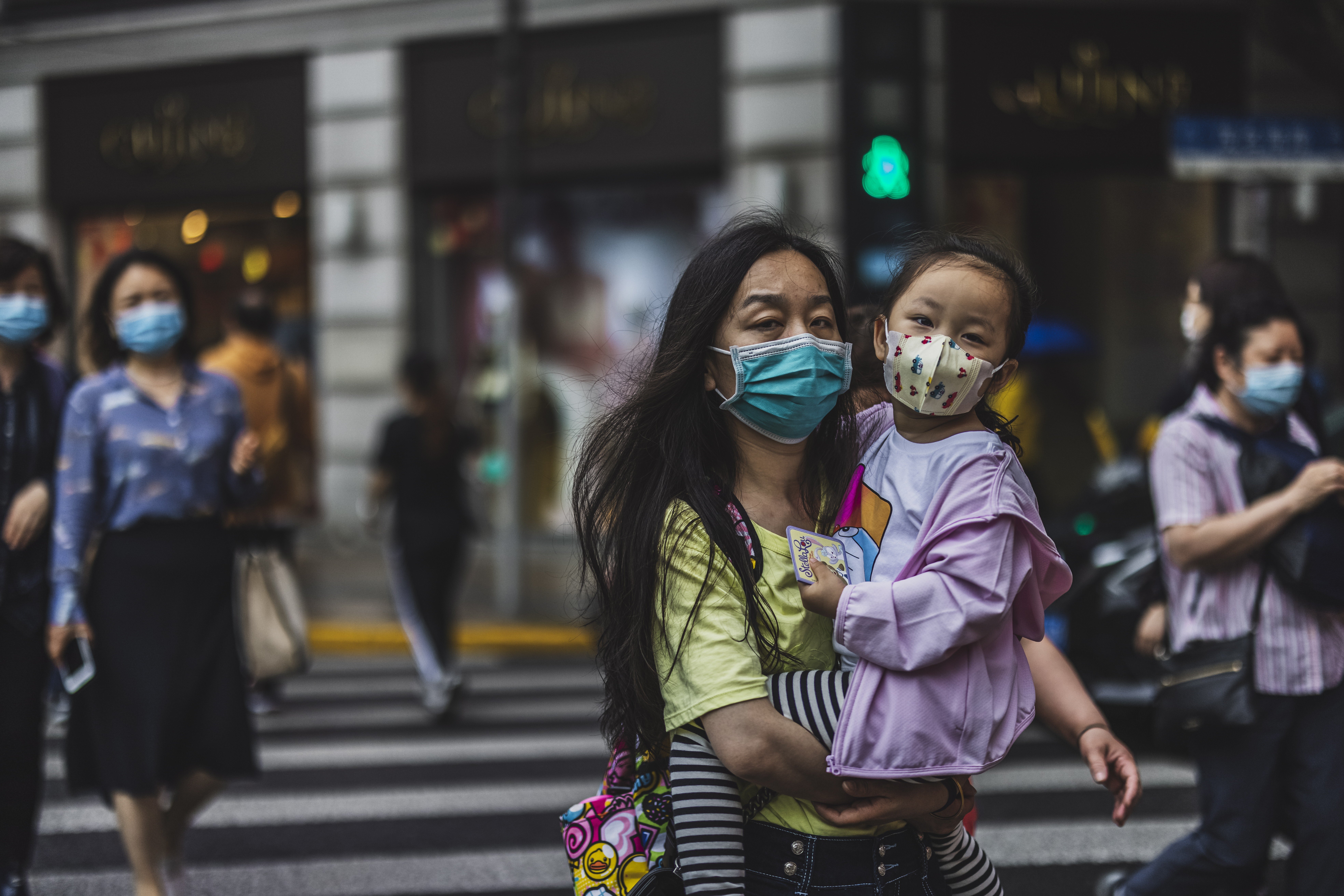
China’s edge in EV production is based on many competitive advantages, but work is needed if it’s to be turned into an engine of growth. Realistically, its EV makers must look beyond the US and Europe to other emerging markets for expansion. Here’s where the belt and road can play a key role.
Beyond a corruption crackdown, a structural reconfiguration of the healthcare system would unleash the consumption long suppressed by the need to save for costly medical bills. It would also build confidence, improve social stability, boost the government’s standing and, perhaps, even encourage births.
Policymakers have enacted easing measures for China’s property sector, but the impact is likely to be limited and fail to address underlying causes. Looking to the Singapore model of social housing could be the best way to get China back on track.
Amid falling corporate trust and a US tech barricade, creative solutions are needed, such as setting up centres of collaboration in trusted third countries like Singapore.
The capital city must improve its coordination with nearby Tianjin and Hebei, and look to the Greater Bay Area tech cluster for lessons. China must also establish outposts of innovation overseas.
In a tough job climate, some young Chinese are ‘lying flat’, ‘letting it rot’ or considering leaving the country. Recent regulatory clampdowns on sectors like tutoring have not helped job prospects. To solve the problem, the government should listen to young people.
The defence of free expression, danger of losing youth voters and risk of hitting small businesses could be enough to block a ban. Beijing could also help by amending its laws to explicitly prohibit requests for transfers of overseas data.
China’s foremost development challenge is in innovation, but more pervasive party leadership may not produce the best results. Hong Kong, however, with its uniquely encouraging institutional environment, can become China’s innovation hub
China faces many challenges from trade wars to local government debt but now is a chance for national rejuvenation. At the crux is the creation of well-paying, secure jobs and the restoration of business confidence
Unlike in cities, it’s not too late for a phased reopening of rural China, where under-resourced healthcare means the elderly face greater risks from visitors. This Spring Festival, staying away from your loved ones until they are fully vaccinated may be the greatest act of love.
To accomplish the mammoth task of vaccinating its unvaccinated and undervaccinated population, Beijing needs to suitably loosen the reins and encourage local policy innovation. Why not replace GDP growth with vaccination targets as a key measure of local cadre performance?
Uneven economic development and US pressure have prompted China’s turn back towards the state amid harsh crackdowns on tech, tuition and property. But the state, perhaps as much as the market, has been at the centre of China’s unbalanced growth and must be an integral part of any lasting solution.
Many countries that host belt and road projects are struggling, partly because of global economic conditions but also from dubious governance. The new era of China’s initiative is likely to see a more focused portfolio, greater international cooperation on finance and repaired relationships.
Education may be holding India back from emulating China’s economic trajectory, with India producing far fewer skilled workers than China. Yet while India can learn from China’s success in education, China still has strides to make in critical thinking and allowing a diversity of ideas.
Beijing plans to bail out the country’s beleaguered developers and ensure unfinished homes are completed – but this won’t solve the crux of the problem. In the long term, a Singapore-style social housing model could address the dearth of affordable homes in major cities and reform a sector driven for too long by profit.
Not only does the US$600 billion pledged pale in comparison to the trillions involved in China’s initiative, but the US seems to be aiming to raise a large portion from the private sector, which may prove difficult.
In the past, America’s push for globalisation has benefited the region. Now less dominant in the world economy, the US hopes to reverse such integration to undermine China, but it won’t succeed.
Without a road map for lifting the zero-Covid policy or addressing social issues, short-term strategies for economic recovery will have a limited effect. Regulatory easing can only work alongside efforts to increase the supply of jobs and housing and raise Covid-19 immunity – even if it means using foreign vaccines.
If the US wants China to help with Ukraine, it must respond to China’s demands for rapprochement on trade and technology. Regardless, China can play the role of peacemaker, but will have to strike a delicate balance between Russia and the West
Freeskier Gu has been vilified for her decision to represent China in sporting competitions, while MIT scientist Chen was targeted by federal prosecutors under a programme to root out espionage. The double standards applied to them hurt American interests – and advance China’s ambition to draw global talent.
Some dismiss them as lazy, but China’s ‘lying flat’ youths are doing their share for society by drawing attention to growing wealth inequality. Their refusal to work long hours for a low wage should not be criticised but used to fuel the national drive for common prosperity.
China’s economic fortunes are tied to its talent pool, and it has a lot of catching up to do to match the drawing power of the US. One way to close that gap is to recreate Hong Kong on the mainland and use its strengths to attract talent from around the world.
The meeting is an excuse for the US to belittle its rivals, but the country is no longer the shining example of a liberal democracy it once was. Instead, it must take lessons from more successful democracies like Japan and the Nordic countries.
The solution to growing inequality in rich countries is neither freer trade nor protectionism, but training of workers and social redistribution. Globalisation’s social consequences can only be addressed by domestic policy initiatives.
The US’ efforts could stifle domestic innovation and drive away start-ups and tech companies while benefiting other countries and forcing China to become free of American tech.
China is now at the stage of capitalism when market forces can’t be counted on to deliver upward mobility to the masses. So the state is stepping in to rebalance economic growth and income distribution.
While both China and the US are driven by different domestic concerns, neither can ignore the geopolitical impact of their regulation of corporate giants, and investors must remain alert.
Despite the heated rhetoric, the competition between the US and China is not between two political and economic systems. The challenges each faces in economic development are similar, as are the levers each has at their disposal to improve the lives of their citizens.
While China’s public university entrance exam system seems fair, it is shot through with inequality, exacerbated by the rise of private tutoring. High-quality, non-profit online tutoring could help underprivileged students make the cut.
The shrinking working-age population and continuing fall in birth numbers should shake policymakers out of their belief that postponing retirement will be adequate in averting a crisis. Encouraging families to have children remains China’s best bet.

